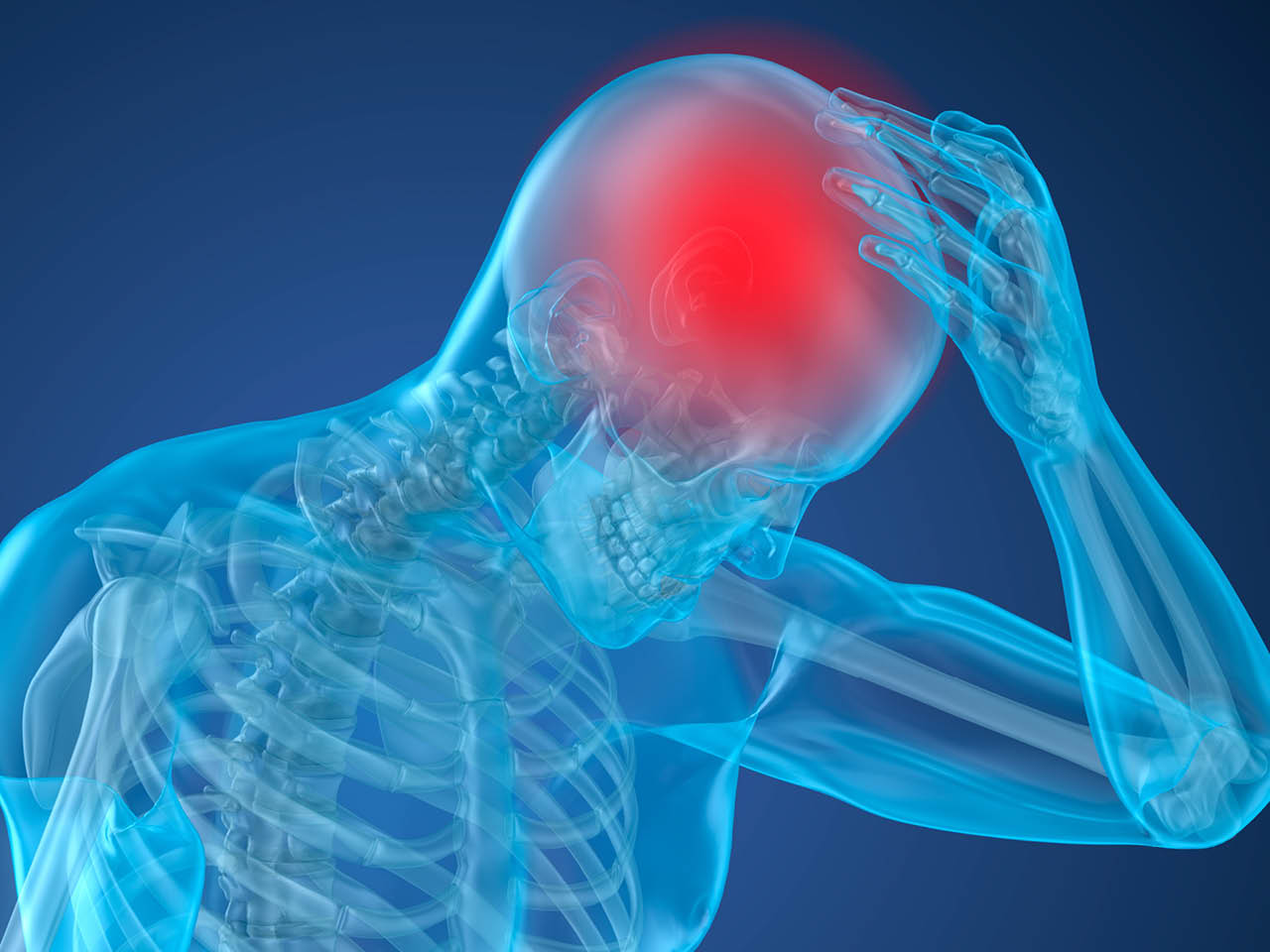The tell-tale signs of a person’s susceptibility to a stroke may appear up to 10 years before the event, suggests research published online in the Journal of Neurology Neurosurgery & Psychiatry.
Stroke patients experienced much steeper declines in cognitive abilities and routine daily functioning, starting around a decade before their first stroke than people who didn’t have a stroke, the findings show.
Women, carriers of the APOE gene that is associated with Alzheimer’s disease, and those with fewer academic qualifications, seem to be at the greatest risk.
The deterioration in cognitive skills and the inability to carry out routine activities of independent daily living, which are common after a stroke, are attributable to a build-up of physiological changes. But it’s not clear when these changes actually start.
To explore this further, the researchers repeatedly used various accredited tests to assess the cognitive abilities, such as memory, verbal fluency, reaction times, and manual dexterity, of 14,712 Rotterdam Study* participants between 1990 and 2016.
The tests included the Mini Mental State Exam, widely used to assess memory problems and dementia severity; the Stroop task, which tests the speed of mental processing; the Purdue Pegboard test, which assesses manual dexterity.
They also assessed participants’ capacity for basic activities of independent daily living, such as washing, eating, and dressing (BADL), and more advanced activities, such as managing finances (IADL).
Participants’ medical records were then checked to monitor their health until 2018. Each person who had a stroke during the monitoring period was matched with three participants who hadn’t, based on age and sex.
The researchers then plotted the changes in cognition and daily functioning in both sets of participants, to include the 10 years before and the 10 years after a stroke.
During an average monitoring period of 12.5 years,1662 participants had their first ever stroke. The average age at which this happened was 80.
Analysis of the test score patterns revealed clear differences in cognition and daily functioning between those who had a stroke and those who didn’t, up to 10 years before the event.
Clinically significant differences were seen in Mini Mental State Exam results (around 6.5 years earlier), but which started to differ around 8 years beforehand; Stroop task (nearly 6 years earlier), but which started to differ around 10 years beforehand; and the Purdue Pegboard test (nearly 4 years earlier),but which started to differ around 9 years beforehand.
And scores for all cognitive tests continued to fall more rapidly years after the event in those who had had a stroke than they did in those who hadn’t.
Differences in the basic and advanced daily functioning scores emerged 2 and 3 years earlier, respectively, and they too continued to fall more rapidly in those who had had a stroke in subsequent years.
Over half (1000; 60%) of those who had a stroke were women; and APOE gene carriers, and those with fewer academic qualifications--both proxy measures of what’s known as ‘cognitive reserve’--were more likely to be affected by the steeper declines in cognitive skills and daily functioning.
This is an observational study, and as such, can’t establish cause. And the researchers acknowledge certain limitations, which include the inability to stratify the trajectories by type of stroke and the absence of data on stroke severity.
Nevertheless, they suggest their findings indicate that there might be tell-tale signs for those at high risk of a stroke many years in advance.
“Our findings demonstrated that future stroke patients start to deviate from stroke-free controls up to 10 years before the acute event, suggesting that individuals with cognitive and functional decline are at a higher risk of stroke and are possible candidates for prevention trials,” they write.
“The accelerated decline in cognition and daily functioning before stroke suggests that individuals with future stroke suffer from accumulating intracerebral damage years before the acute event, such as cerebral small vessel disease, neurodegeneration, and inflammation,” they explain.

 Much steeper declines in cognitive skills and routine daily functioning already evident then
Much steeper declines in cognitive skills and routine daily functioning already evident then











.jpeg)

.jpeg)
.jpeg)

.jpeg)


.jpeg)



.jpeg)
.jpeg)
.jpeg)


.jpg)


.jpeg)
.jpeg)